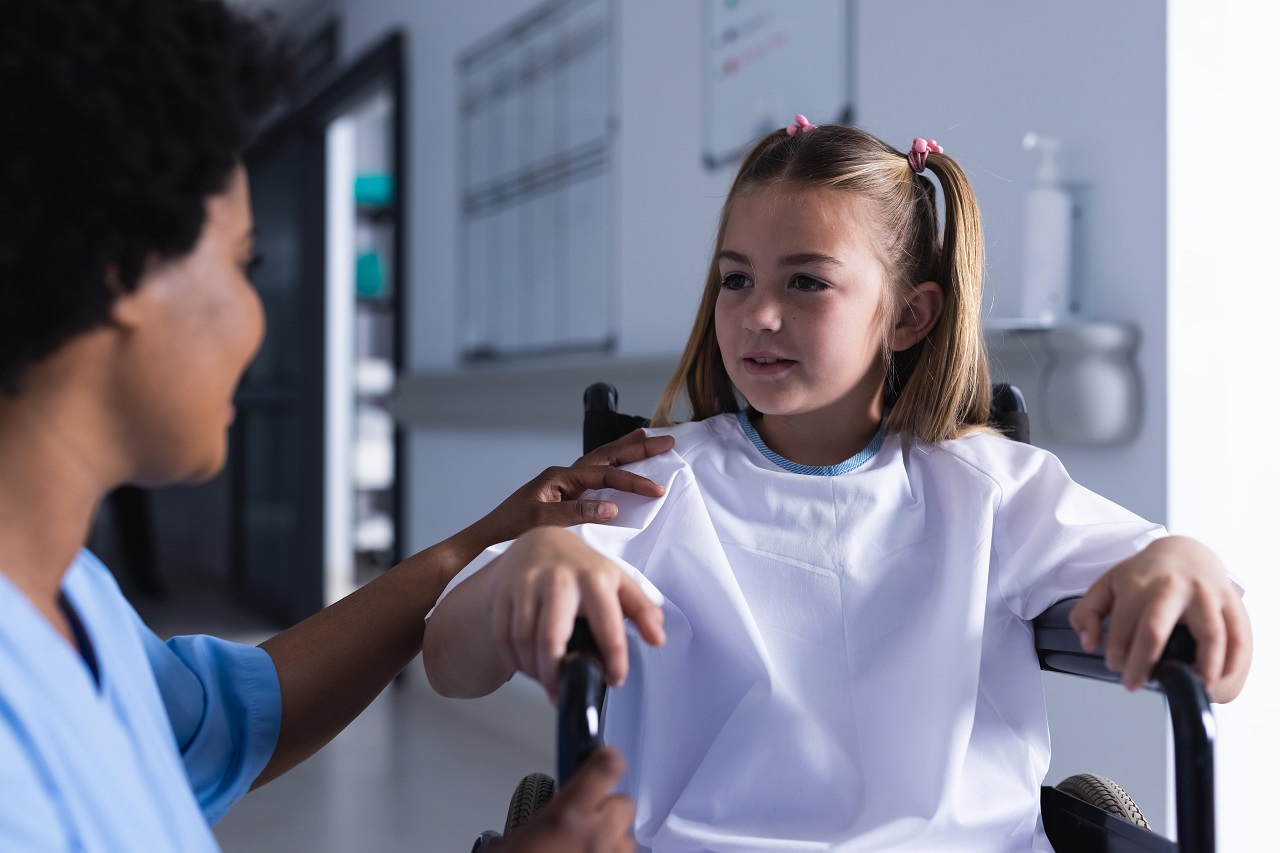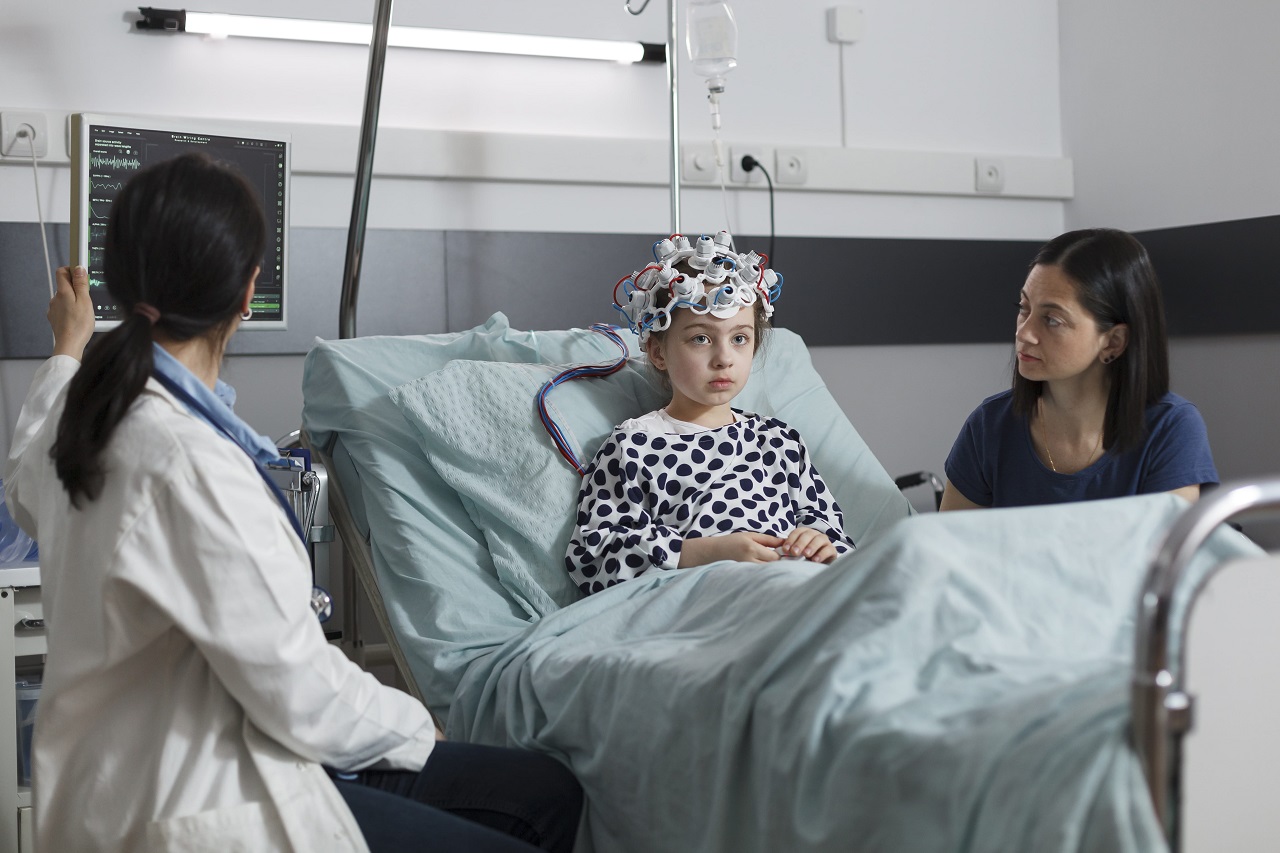Epilepsy is a neurological disorder characterized by seizures caused by abnormal electrical activity in the brain. Epilepsy attacks can be quite frightening and challenging, especially in children. In this article, we will discuss in detail what to do and what to pay attention to for children who have epilepsy attacks.
What is an epilepsy attack?
An epilepsy attack is a sudden and temporary disruption of electrical activity in the brain. This disruption leads to various symptoms and may vary depending on the type of seizure. Epilepsy attacks in children can usually manifest themselves with the following symptoms;
- Loss of consciousness
- Contractions and sudden muscle movements in the body
- Fixed gaze or rapid eye movements
- Foam coming from the mouth
- Urinary incontinence
- Difficulty breathing

What should you do if you see a child with epilepsy near you?
During an epilepsy attack, it is important to keep the child safe and stay calm. In this way, you can prevent major problems by following the right steps. Because improper intervention to a patient with an epilepsy attack can result in permanent brain damage, suffocation due to obstruction of the airways or even death. Here is what to do during an epilepsy attack that you have to help:
- Stay Calm: First of all, try not to panic. Staying calm and in control will help you manage the situation better.
- Ensure the child's safety: Lay the child down on the floor and remove any hard, sharp or dangerous objects around them. Place something soft to protect the head.
- Do not forcefully hold the child: Do not try to hold the child by force during contractions. This can cause injury.
- Turn the head to the side: Turn the child's head to the side during a seizure to keep the airways open and fluids in the mouth flowing out.
- Do not put anything in the mouth: Do not put anything in the child's mouth. This can cause broken teeth or blocked airways.
- Keep Track of Time: Note how long the seizure lasts. Call for emergency medical help if the seizure lasts longer than 5 minutes or if it happens in succession.
- When the Seizure Ends: After the seizure is over, wait for the child to come to and calm him/her. Do not leave him/her alone until he/she is fully conscious.

What should be done after recovering from an epilepsy attack?
Although much of what you need to do after the current epilepsy attack has been managed correctly is over, your task is not yet complete. Here's what to do after the epilepsy attack is under control:
- Contact the doctor: Inform the child's doctor after the seizure and ensure that the necessary checks are carried out.
- Ensure Rest: After a seizure, the child may often feel tired and confused. Ensure that he/she rests and relaxes.
- Keep a Seizure Diary: Record the date, duration and symptoms of seizures. This information will help the doctor determine the treatment plan.
Epilepsy is a disease that cannot be completely eliminated with treatment, but it is important to remember that epilepsy is a manageable condition and with the right treatment and care, children's quality of life can be significantly improved. Awareness and support from families and the environment is crucial for both the physical and emotional health of the child.









